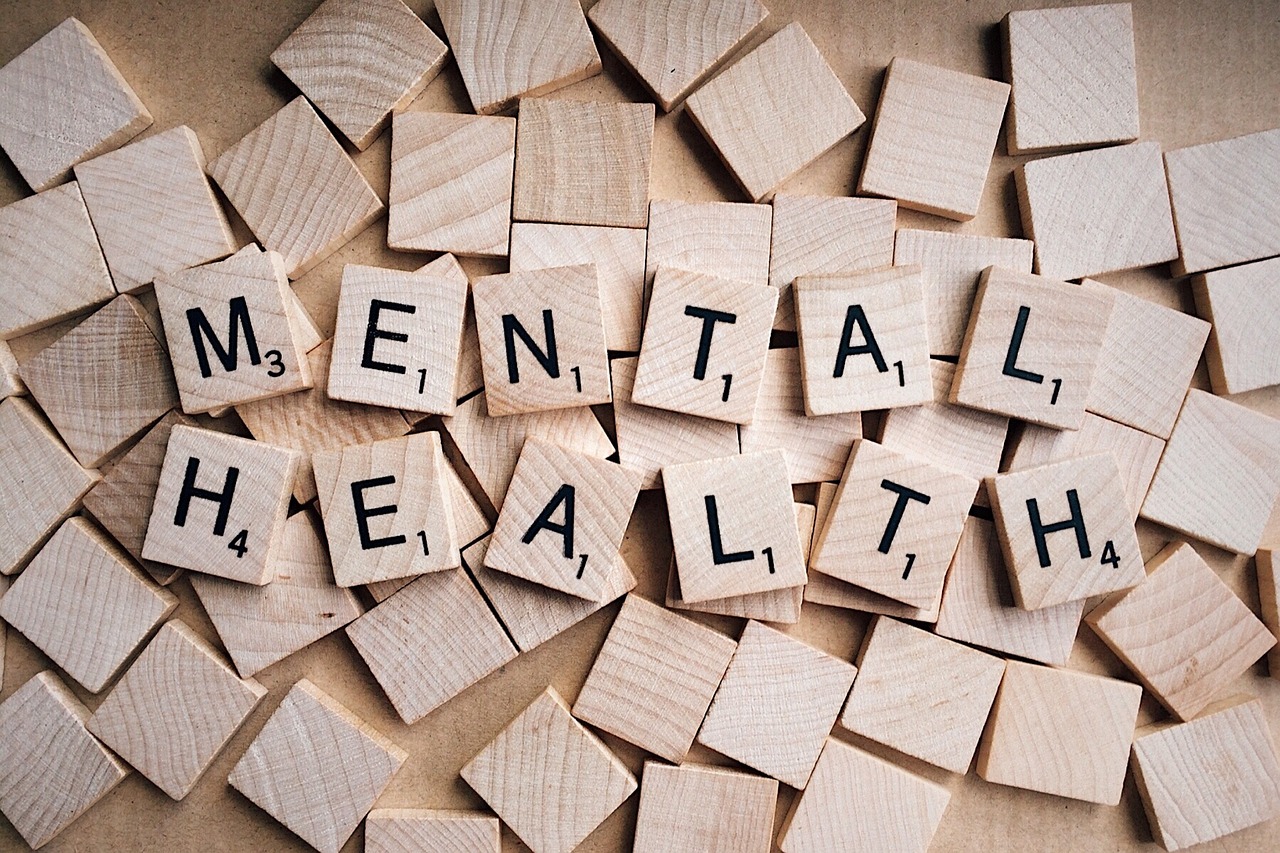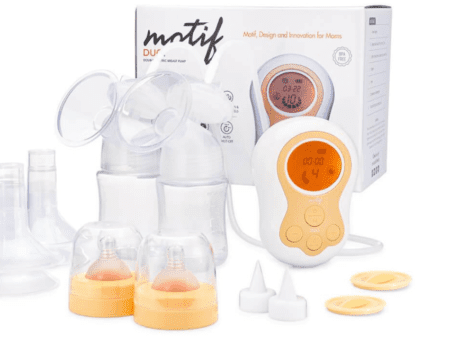
The Impact of Parental Mental Illness on a Child’s Mental Health
Parenthood is a beautiful journey, but it’s no secret that it can be incredibly demanding on parents’ mental health. Most parents and caregivers find it hard to balance work, family members, and personal needs. As a result, it often leads to mental illnesses like anxiety disorders, bipolar disorder, depression, and even burnout. However, prioritizing parents’ own mental health isn’t just about self-care; it’s also about creating a healthier, happier environment for the entire family.
Parent’s mental health problems mainly stem from parental stress of rearing healthy children. It could also be a lack of support from family members and other adults and doubting their parenting skills. A single parent taking care of a sick child makes up 30% of the parents’ population with the highest probability of suffering from mental illness.
Understanding Mental Health Conditions
Understanding your child’s mental health can be a difficult and nuanced thing to do. Especially if they are young and cannot verbalize their inner thoughts. This is where
The Impact of Parenting on Mental Health
Parents and caregivers face unique challenges that can take a toll on their mental health, especially new parents who are young adults. Causes of mental disorders range from sleep deprivation, financial stress, and the constant pressure to be the perfect parent. Many parents and caregivers experience parenting burnout characterized by exhaustion, detachment, and feelings of inadequacy.
Statistics on Mental Health Challenges
Research studies conducted in the US indicate that at least three out of ten parents experience mental health challenges. These mental health conditions include mild to severe cases of depression, anxiety, and stress-related disorders.
Parents with young children, especially single parents, are at a higher risk of serious mental illness due to limited support from other adults and mental health services, affecting both adult and child mental health.
Substance Abuse in Parents With Mental Health Issues
In the recent past, substance abuse among parents and caregivers struggling with mental health conditions has been a major emerging issue that affects not only the primary care provider involved but also their families and children’s mental health. A vast majority of parents with an extreme case of mental health disorder often seek relief from substances like alcohol, smoking, and other drugs to escape the realities of life.
This toxic combination of mental health challenges and substance use creates a pattern that is difficult to break from, with extensive effects on parents’ emotional well-being and children’s health. The physical health and well-being of parents and caregivers engaging in substance use are compromised to a point where mental health providers should be involved. Close family members should provide immediate support once the signs of mental health start manifesting to ensure parents give their best to their children.
How Does Substance Use Affect Children’s Mental Health?

Children of parents who struggle with substance use and poor mental health are usually at a higher risk. Living in such an uncertain environment where a parent’s mood changes abruptly has a profound impact on a child’s mental well-being. Children tend to be adversely affected by the constantly changing moods of mentally unstable parents, leading to behavioral problems.
A child’s mental health is dependent on the mental health condition of the primary caregiver since they are easily impressionable. At least one parent should provide a stable family environment to promote a child’s mental well-being.
Youth mental health crisis has been on the rise in the last few years as an emerging issue. It is usually caused by parents suffering from mental illness. In some instances, children brought up with such adverse childhood experiences are more likely to develop mental health issues. They can also develop substance use due to increased access from observing their parents and caregivers.
Studies indicate that young people who grew up in such households suffer from poor mental health and self-esteem issues.
Mental Health Services in Supporting Parents With Substance Addiction
Breaking the endless and vicious cycle of substance abuse in parents and caregivers suffering from mental health calls for a solution that addresses both challenges simultaneously. A particularly effective treatment plan is combining both substance abuse counseling with mental health therapy. Other strategies include group, cognitive-behavioral, and family therapy to help parents develop healthier coping mechanisms.
For professional help tailored to these needs, services like those offered at rehab centers in San Diego can provide comprehensive support
Families of parents and caregivers play an essential role in assisting victims in accessing holistic care as soon as the risk factors manifest. By connecting with these resources, parents can receive the professional help they need while building a support network from other parents facing similar challenges.
Key Strategies to Improve Parents’ Mental Health

Improving parent’s mental health becomes crucial when the comes to improving a child’s mental health. Therefore, you need to have a clear understanding of all the points that you need to remember to improve a parent’s mental health.
1.) Prioritize Self-Care
Incorporating self-nurturing into daily life is one of the most effective ways to combat mental health challenges. It is common for parents to feel guilty about spending time on themselves, although it’s a necessity.
Communicating with the significant other or support system to establish a time for personal well-being should be an integral part of a parent’s routine.
2.) Embrace Mindfulness and Meditation
Practicing mindfulness helps parents stay grounded, especially during stressful moments that are part of life. By focusing on the present moments, parents and caregivers can reduce depression, a mental health disorder that is prevalent with mental illness.
Involving children in mindful exercises can also benefit families as a unit by promoting patience and emotional connections. Yoga is among the relaxation techniques that could be used to combat parents’ mental health problems.
3.) Get Active: Exercise and Physical Activity
Exercising has been proven to combat symptoms of anxiety and depression, offering a natural way to improve mood and boost endorphins. This includes home-based workouts, dancing around the house, or even family walks, which can help incorporate movement into an otherwise busy schedule.
4.) Build Social Relationships
Sharing experiences and connecting with other parents can provide tremendous emotional relief. Parenthood doesn’t have to be a solitary journey; after all, it takes a whole village to raise children.
Joining an online or local support group for parents struggling with mental illness where they talk openly about challenges they face daily greatly improves both parent’s and children’s mental health. Seeking family, trusted caregivers, or friends who can help with childcare gives struggling parents time to recharge.
5.) Reconnect With Personal Identity Outside of Parenting
Parenting usually overshadows other aspects of a parent’s identity, making them unable to engage in activities and pursue relationships outside of their parenting role. Maintaining friendships and adult relationships should be prioritized, such as meeting frequently to socialize.
6.) Set Realistic Expectations and Embrace Flexibility
Modern parenting comes with this immense societal pressure to do it all perfectly. This only leads to frustrations and cases of mental illness. Focusing on being a good enough parent by setting achievable goals helps reduce feelings of failure and improves parental mental health.
Addressing Signs of Mental Health
Depression is one of the major prevailing mental disorders that new parents suffer from, leading to emotional detachment from their children. The leading cause of depression is burnout, which manifests as constant fatigue, emotional numbness, and irritability.
Occasionally, lifestyle changes are not enough, and professional intervention is needed. Most mental health care services provide 24/7 support to parents struggling with mental health. There are even online services that make it easy for busy parents to access professional help at their convenience.
Supporting Mental Health for Different Parents
Parenthood is a dynamic affair. Honestly, it is a spectrum. Hence, having a curated approach becomes crucial and very important.
Single Parents
Single parents shoulder more responsibilities and pressures balancing parenting and work without a significant other to share the burden. Building a strong support network helps to ease the load and take advantage of freely available community services like counseling and childcare.
Working Parents
Working parents often navigate the challenges of balancing career demands with their families’ needs. Creating firm boundaries between work and family life prevents work stress from spilling into home life, improving a parent’s mental health condition. Exploring remote work arrangements helps balance responsibilities immensely.
Stay-At-Home Parents
Stay-at-home parents and caregivers experience feelings of isolation and monotony. Lack of stimulating interaction with other adults and daily repetition of the same tasks leads to poor mental health and well-being. Engaging in self-development courses and nurturing hobbies helps to achieve mental stimulation and social interaction.
Support the Youth Mental Health Crisis Through Parental Mental Illness
Parenthood, a journey marked by profound love and boundless joy, can also be a source of immense stress and challenges. The relentless demands of raising children often take a significant toll on parents’ mental well-being. Balancing the responsibilities of work, family, and personal life while navigating the complexities of modern parenting can lead to feelings of anxiety, overwhelm, and burnout. However, it is crucial to recognize that these challenges are not insurmountable and that there are effective strategies to support and improve parental mental health.
You May Also Like To Read:
Already have an account?
Sign In
Create your account
User added successfully. Log in








